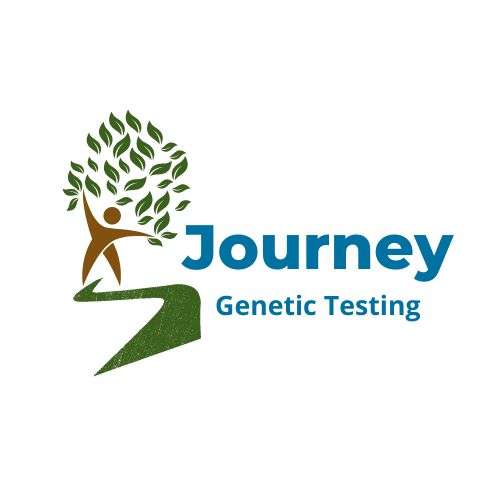How Accurate Is A DNA Test?
We Guarantee Your DNA Test Results Will Be 100% Accurate!
DNA testing accuracy is the standard for being to tell if people are related as family. This includes paternity, maternity, sibling, grandparent, avuncular, twin zygosity and Y-STR DNA tests. It would be beneficial to all of us if all DNA testing was regulated and followed the same processes. However, the truth is that there are a lot of differences in how DNA tests are processed from lab to lab.
Many laboratories use out-of-date methods. They only look at a small amount of DNA, called genetic markers. Some companies test as little as 6 or 8 markers. Journey Genetic Testing makes certain that we test a higher number of markers than the industry standard. This allows us to provide DNA test results that we can guarantee are 100% accurate.
Why is there such a difference between laboratory standards? It usually comes down to wanting to save money. The truth is that it’s easier, and cheaper, to test smaller amounts of DNA. This also means that, most of the time, they only do the test one time, not twice to make sure it’s right. These companies do not compare the results with a second test using the same DNA. The testing may is also often done by uncertified students, who are part-time, to cut administrative costs.
Low Marker Testing Is Not Reliable
No matter how much a DNA test costs, a person just cannot get a reliable result. This includes testing for paternity and other family relationships. If we cannot obtain a conclusive relationship using 24 markers, we automatically upgrade your test to examine as many as 46 genetic markers (as warranted). If additional markers are determined to be needed, we examine them at no additional cost.
When we compare more markers from two or more people, the lab can better determine if they are related. Why? All humans share 99.9% of the same DNA. What this means it that it is possible for random people to match, or not match, when testing only a small amount of genetic markers. When testing more alleles, the chances of random matching, or exclusion are virtually, eliminated. This allows us to give more conclusive and reliable results.
Paternity and family relationship testing combines identifying DNA markers and statistical calculations. These two factors determine the probability of inheritance. Family relationship tests include the sibling DNA test, grandparent DNA test, avuncular DNA test, and a twin zygosity test.
Make Informed Choices About The Company You Choose
No matter what choice you make concerning your DNA testing laboratory, price alone should not be your only reason to choose a company. You should first look at the number of markers being tested is the most crucial element. AABB has said that the minimum number tested should be at least 16. You will find some labs that do 21 markers. We start at 24. Secondly, you should learn about the patient support and education services offered. Some companies care more about your credit card number than making certain you have an understanding of how testing works. Price is of course a consideration also. You should always have all the facts when making an informed decision.
Journey Genetic Testing is interested in more than making certain that your testing done. We want to be sure that the DNA testing service you order is the right one for your needs. This means our commitment to you may mean referring you to another lab that may meet your needs better. That’s ok, and the right thing for us to do. You can also know for sure that you will have a complete understanding of the results once they are delivered to you.
Your results could change your life. We guarantee our DNA testing accuracy for every report. We are here to help you discover the truth through DNA science and technology.

